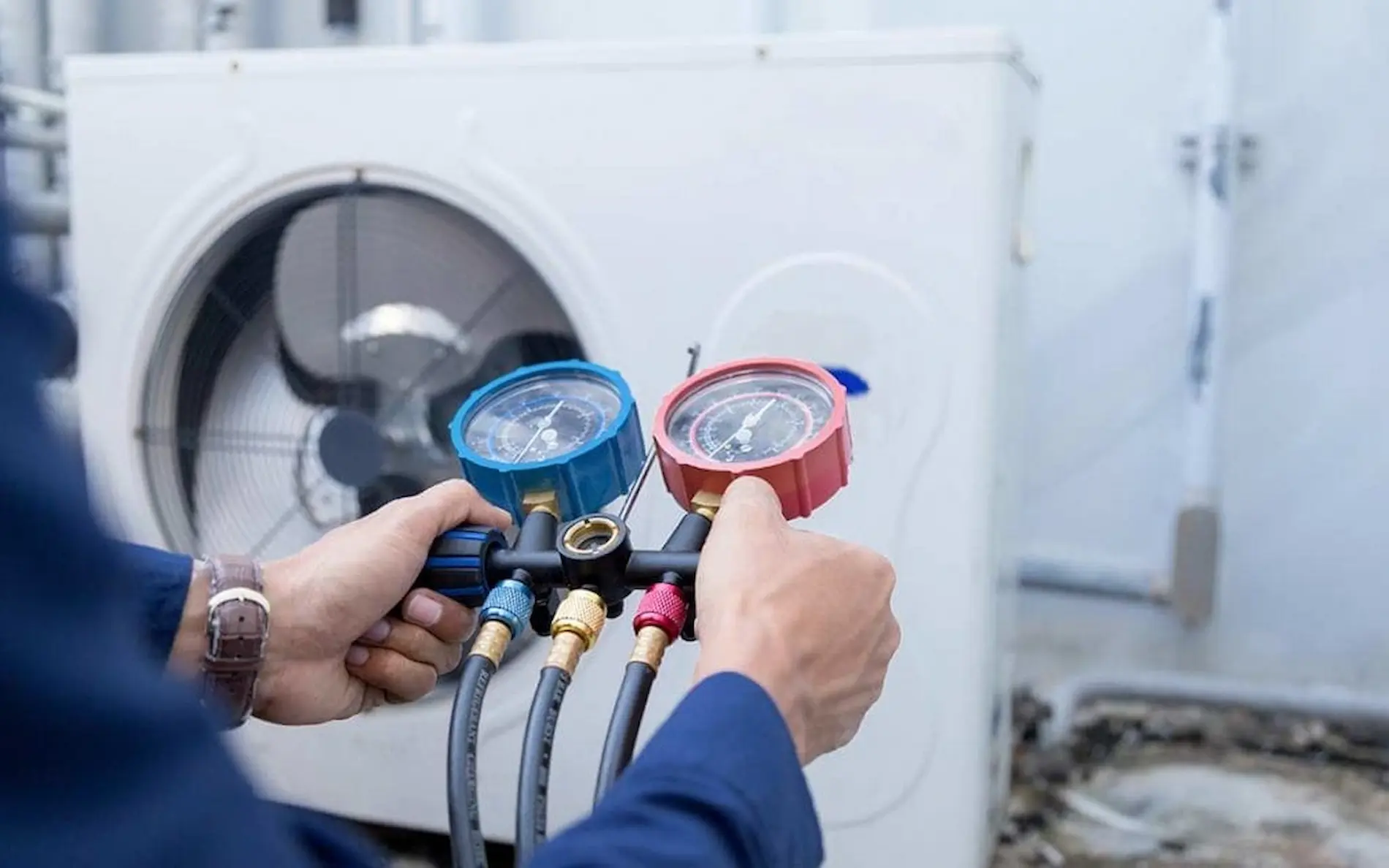Back to Blog
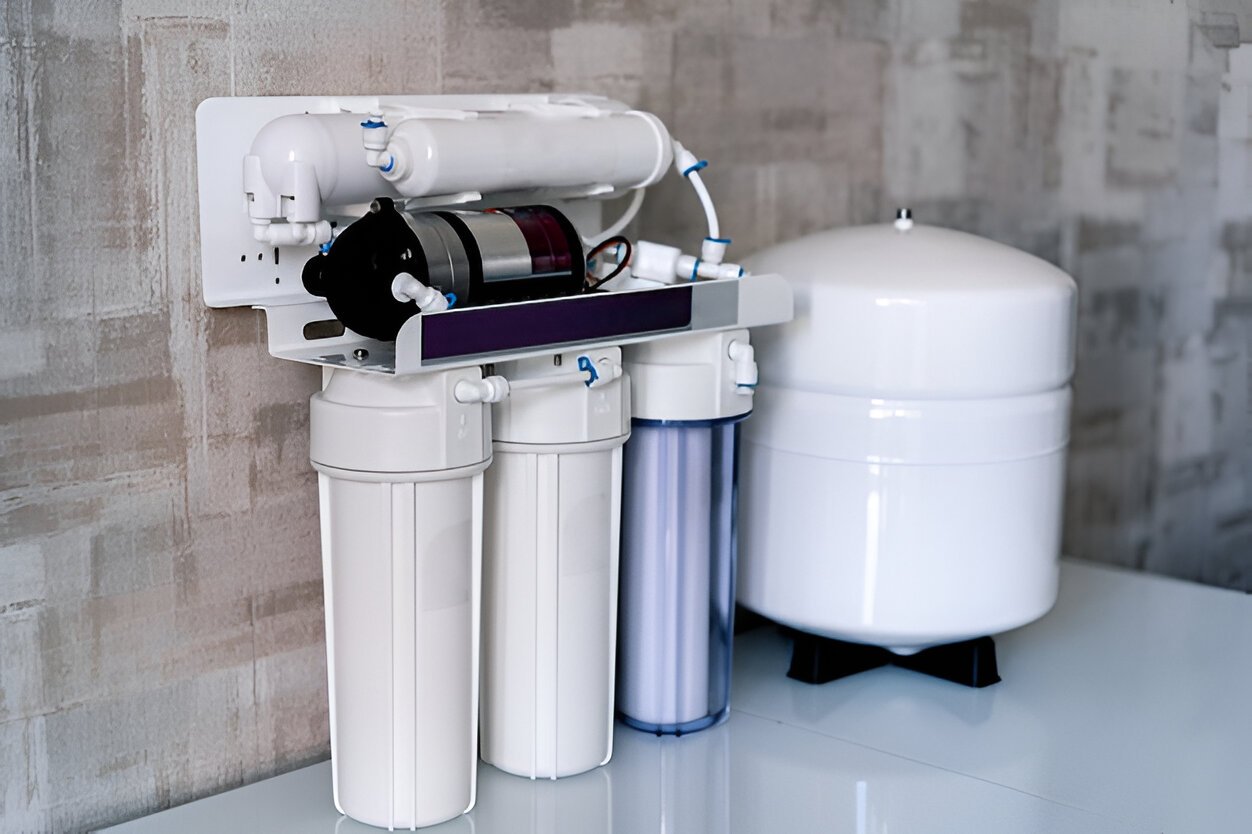
Water Filtration Installation Des Moines | Whole House & Under-Sink Filters
Clean, safe, and great-tasting water is something every household deserves but in many parts of Des Moines, municipal water still contains minerals, chlorine, and other contaminants. Whether you’re dealing with hard water, unpleasant taste, or sediment buildup, water filtration can make a noticeable difference in your home’s comfort and health.
As more Iowa homeowners prioritize water quality, the debate often comes down to choosing between a whole house water filter or an under-sink water filter. At Lazer Home Services, we specialize in both solutions and help families determine what works best based on their home, budget, and water usage.
Understanding Whole House Water Filters: How They Work and What They Do
A whole house water filter is installed at the point where water enters your home, treating all the water used in faucets, showers, dishwashers, and laundry. This system removes sediments, chlorine, and sometimes heavy metals or other impurities before the water even reaches your tap.
One of the biggest advantages of whole house filtration is complete protection. Your plumbing, appliances, and skin all benefit from cleaner water throughout the home. These systems often include multi-stage filtration, addressing different contaminants depending on local water conditions. In Des Moines, where hard water is a concern, this kind of setup also helps preserve the longevity of plumbing fixtures and appliances.
Our experts at Lazer Home Services can evaluate your incoming water and customize a filtration system to suit your home’s specific needs.
What to Know About Under-Sink Water Filters and Their Benefits
Under-sink water filters are designed to treat water at a single point of useusually your kitchen faucet. These compact systems are ideal for homeowners who primarily want filtered water for cooking and drinking. They’re affordable, efficient, and relatively easy to install.
Most under-sink units target contaminants that affect taste and safety such as chlorine, lead, VOCs, and bacteria. If you’re confident in your laundry and bathing water quality but want higher-quality drinking water, this may be a perfect solution.
Some systems also include reverse osmosis filters, which are extremely effective at removing dissolved solids. While under-sink filters don’t offer whole-home protection, they provide exceptional performance in the areas that matter most for food preparation and hydration.
Key Differences Between Whole House and Under-Sink Filters
While both systems improve water quality, they serve very different purposes. Here are some distinctions:
- Coverage: Whole house systems treat water throughout your home. Under-sink systems target only the faucet they’re installed under.
- Installation Complexity: Whole house filters require professional installation at your main water line. Under-sink filters are faster and less invasive to install.
- Maintenance Needs: Whole house filters may require periodic media replacement or pre-filter changes. Under-sink systems typically need filter changes every 6–12 months.
- Water Usage Volume: Whole house systems are built to handle high-volume water flow, while under-sink units filter only a few gallons per day.
- Cost: Whole house systems involve higher upfront investment. Under-sink filters are more budget-friendly for immediate use.
At Lazer Home Services, we help homeowners compare features, costs, and long-term outcomes to make the best choice for their household.
How Iowa’s Water Quality Affects Your Filter Choice
Des Moines water is classified as “moderately hard” due to its calcium and magnesium content. While it meets EPA safety standards, it often contains chlorine, sediment, and trace contaminants that can affect taste, appearance, and appliance life span.
In homes where water affects skin, hair, or causes mineral buildup on fixtures, a whole house filtration system combined with a softener may be ideal. However, if your concern is limited to drinking and cooking water, an under-sink filter can offer highly targeted protection at a lower cost.
We always begin with a water quality assessment to determine which solution will have the biggest impact based on your unique plumbing and lifestyle.
Cost, Maintenance, and Lifespan: Which Option Fits Your Budget?
Budget plays a big role in filter selection. Whole house filtration systems typically cost between $1,000 and $3,000 installed, depending on system size, filter type, and additional components. Maintenance includes replacing filters annually and occasional media changes every few years.
Under-sink filters generally range from $150 to $500, with cartridge replacements costing $30 to $100 depending on the system. Reverse osmosis units are slightly more expensive but deliver premium filtration results.
In either case, regular maintenance ensures long-term effectiveness. At Lazer Home Services, we offer service plans to help you stay on track with filter replacements and water testing.
Which Water Filter System Is Best for Your Des Moines Home?
There’s no one-size-fits-all answer. If you’re building or remodeling a home, or concerned about water quality in all faucets, showers, and appliances, a whole house water filtration system is likely the best long-term investment. It improves bathing comfort, protects plumbing, and ensures clean water from every tap.
If you live in a condo, apartment, or only want filtered water at the kitchen sink, an under-sink filter may be ideal. You’ll still enjoy purified drinking water and avoid plastic bottle waste without the need for major plumbing modifications.
Let our team at Lazer Home Services help you make a smart choice for your household. We’ll assess your water, walk you through your options, and install the right solution with minimal disruption.
Conclusion
Improving your home’s water quality is one of the smartest decisions you can make for your health, comfort, and plumbing system. Whether you opt for a whole house water filter to treat every drop that enters your home, or an under-sink filter for clean drinking water at the tap, each option offers real benefits. The key is choosing a system that fits your lifestyle, your water quality needs, and your budget. At Lazer Home Services, we’re here to help you navigate your choices and deliver a solution that gives you and your family clean, refreshing water every day.
Why Choose Lazer Home Services for Water Filtration in Des Moines?
At Lazer Home Services, we understand Iowa’s water challenges and specialize in water filtration installation that’s tailored to local needs. Our team provides professional guidance, honest assessments, and top-tier installation for both whole house and under-sink systems. We’ll evaluate your water, explain your options, and ensure everything is installed to the highest standard. With our licensed technicians and commitment to customer satisfaction, your water is in good hands.
Areas We Proudly Serve
Based in Des Moines, we proudly provide water filtration services to homeowners in Altoona, Ames, Ankeny, Bondurant, Carlisle, Clive, Grimes, Johnston, Norwalk, Pleasant Hill, Urbandale, Waukee, West Des Moines, Windsor Heights, and surrounding Iowa communities. Wherever you live, clean water is just a call away.
FAQ – Choosing Between Whole House and Under-Sink Water Filters
Q1: Which filter is better for drinking water?
Under-sink filters are ideal for drinking and cooking because they target taste and safety. Reverse osmosis systems offer the highest purity.
Q2: Do I need a whole house filter if I already have a softener?
Yes. A softener removes minerals, but a whole house filter removes chlorine, sediment, and other contaminants not affected by softening.
Q3: How often should filters be replaced?
It depends on the system. Under-sink filters usually require replacement every 6–12 months. Whole house pre-filters may need changing every 3–6 months.
Q4: Is water in Des Moines safe to drink without a filter?
Yes, it meets safety standards but many residents prefer filtration to improve taste, reduce chlorine, and remove extra sediment or metals.
Q5: Can I install both systems?
Absolutely. Many homeowners combine both for full-home protection and cleaner water at the tap.
Recent News
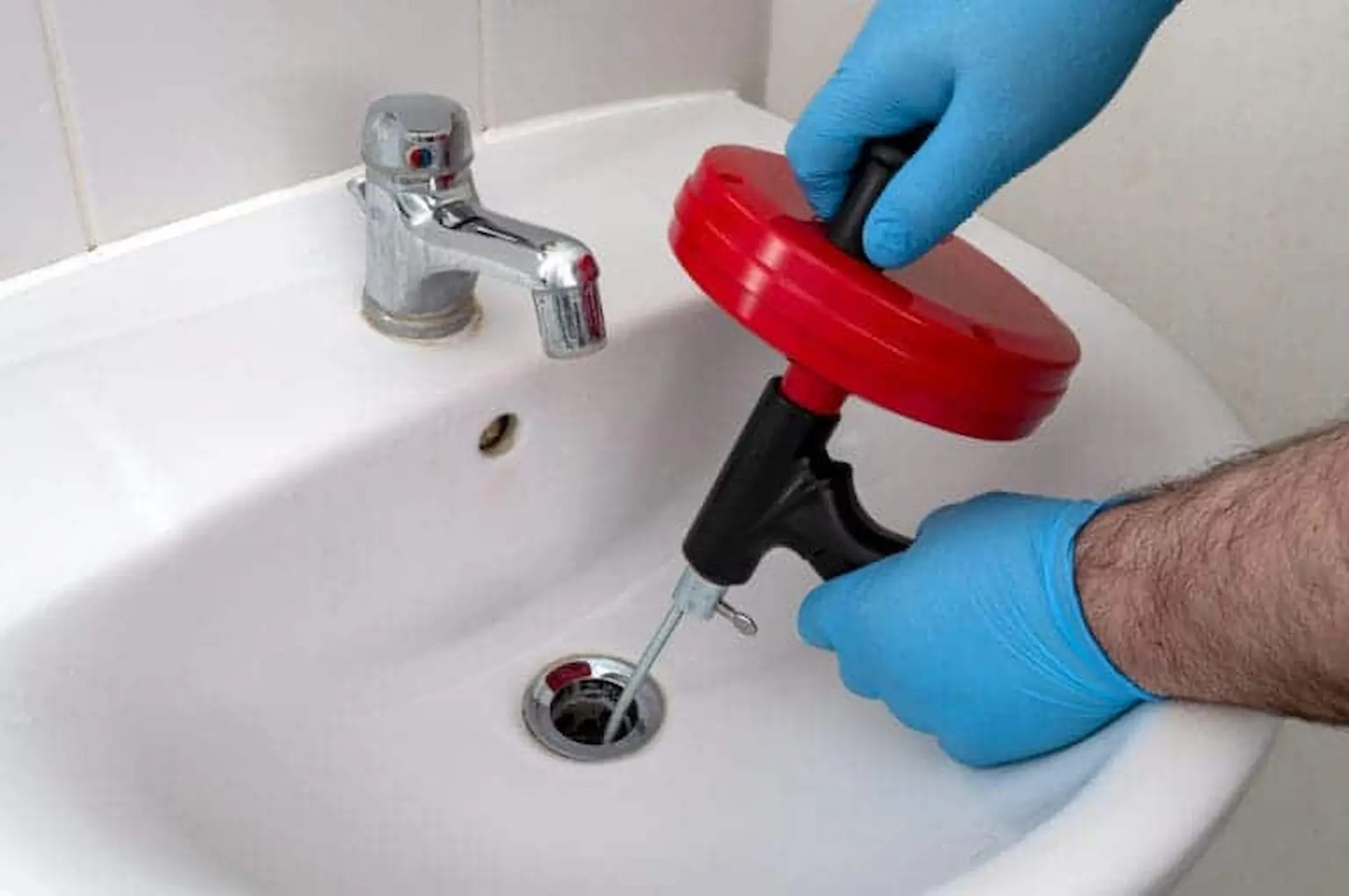
Residential Drain Cleaning in Des Moines | Lazer Home Services
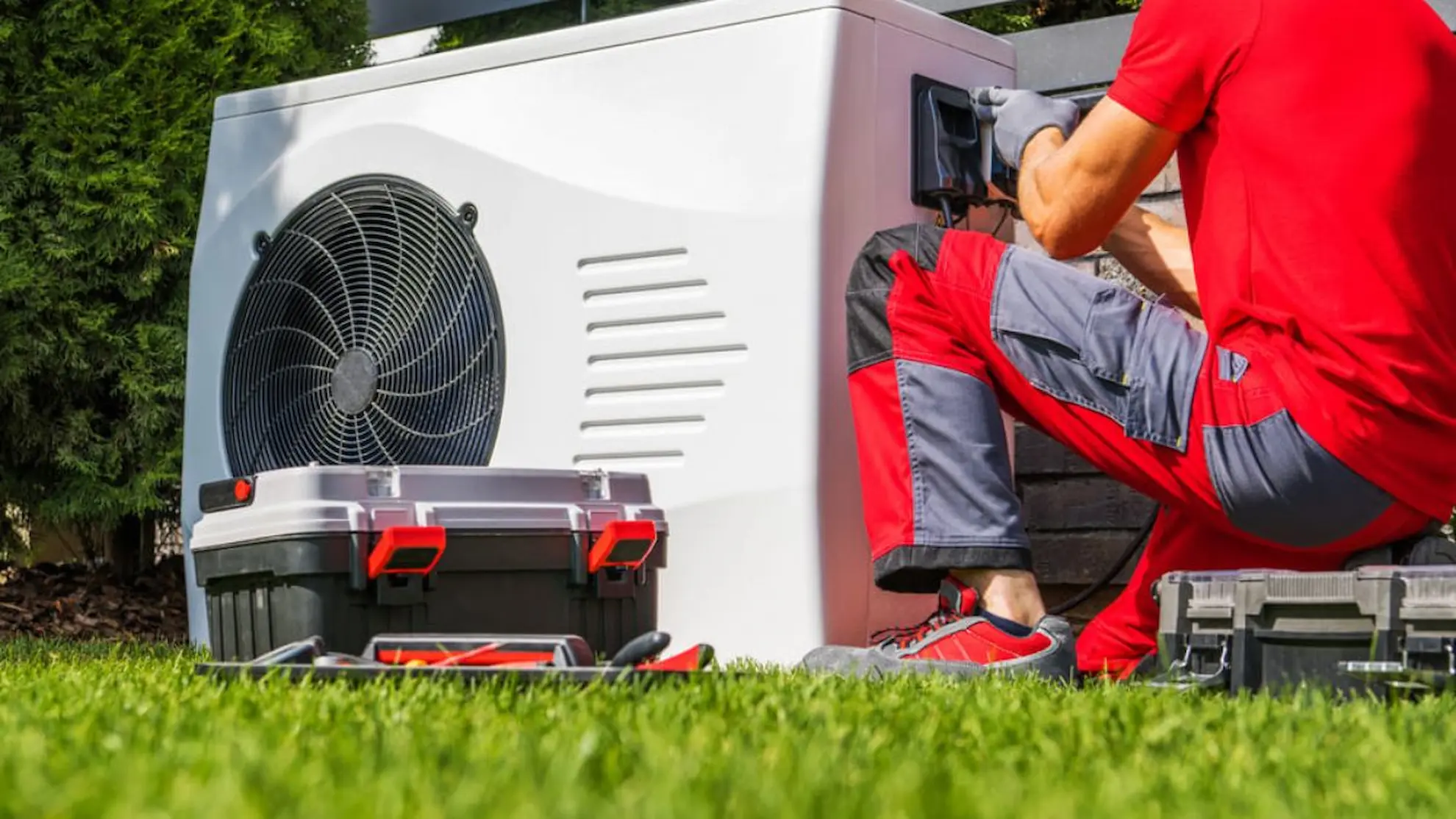
Heat Pump Repair and Installation Solutions in Des Moines.

How to Detect Hidden Pipe Leaks | Lazer Home Services
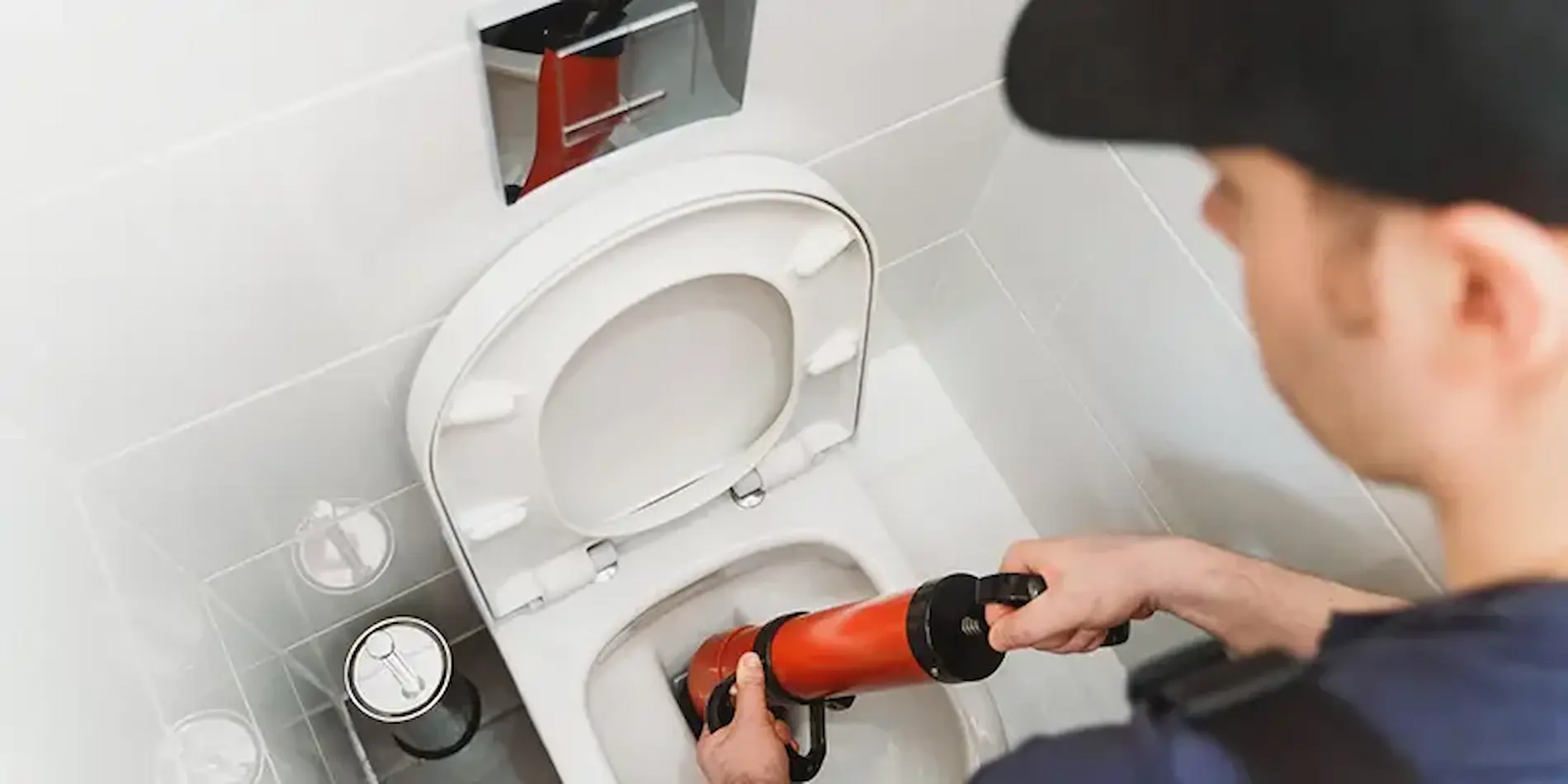
5 Early Warning Signs Your Home Plumbing Needs Urgent Attention
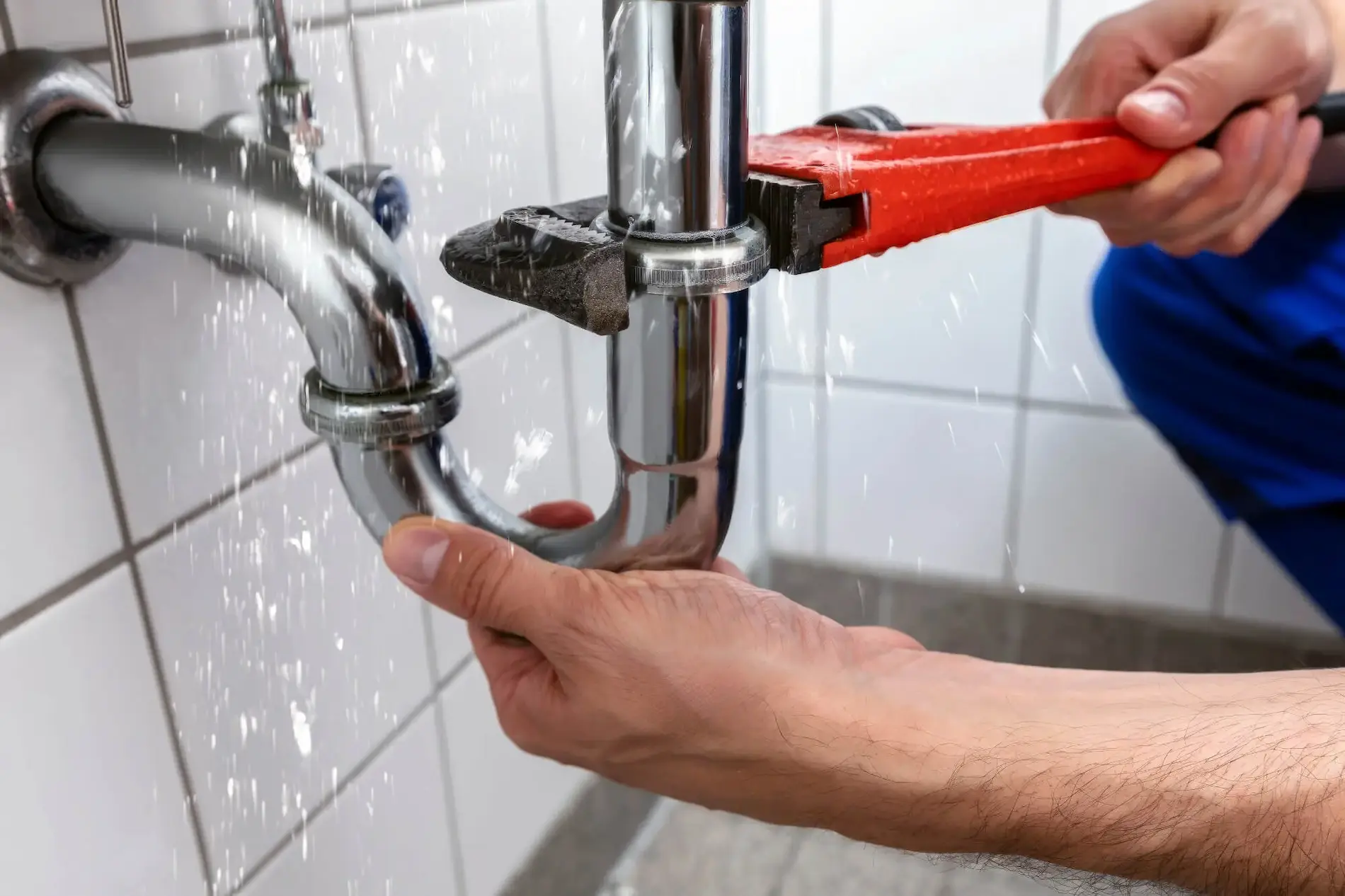
Plumbing Maintenance Checklist Des Moines | Lazer Home Services
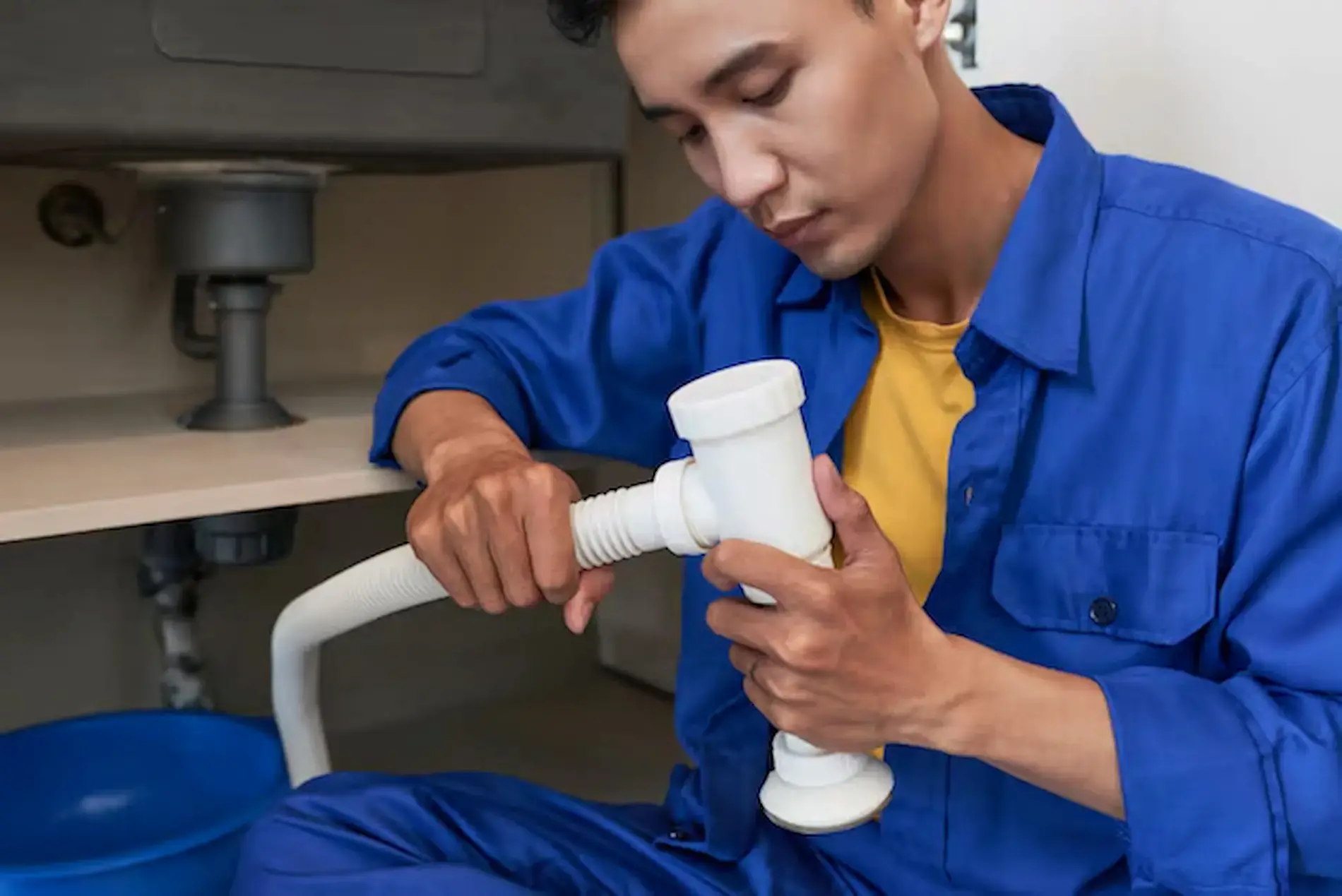
Leak Detection and Repair in Des Moines | Lazer Home Services
